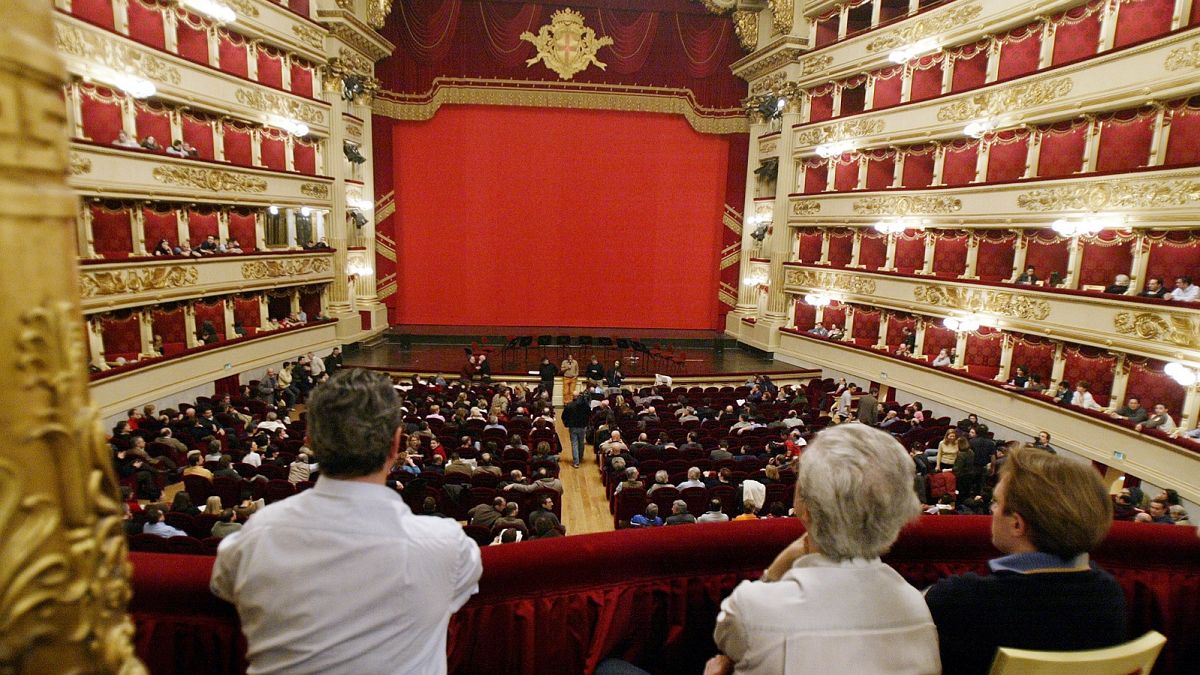The European Union should do more to mitigate the "very irregular" employment situation" and the challenges posed by AI and digitalisation that artists and other professionals in the creative sector face, lawmakers have demanded.
The European Parliament’s culture (CULT) and employment (EMPL) committees this week presented a joint report that called for a new framework to be put in place that would ensure fair pay, facilitate cross-border mobility and dismantle structural imbalances and abuses affecting creative workers across the EU.
"We often praise Europe as a cultural powerhouse," Domènec Ruiz Devesa, an MEP and co-rapporteur of the draft report, said during its presentation. "And indeed it is. But it is [hypocritical] to do so on the back of the insecurity and poverty of cultural and creative professionals."
The initiative draws attention to particular realities those in the cultural sector face. For instance, the number of self-employed in the sector is double that of the general population, and sexual harassment is three times higher, according to data from Eurofund, the European Foundation for the Improvement of Living and Working Conditions.
In 2021, 7.4 million people were employed in the cultural sector across the EU.
A 'status of the artist'
The pandemic has shown the situation has become “simply unsustainable,” Ruiz Devesa and other MEPs argued, and has made clear just how vulnerable creative workers are. Through this report they are calling on the European Commission, the EU’s executive body, to encourage and support member states to introduce a so-called “status of the artist” that would guarantee better social protections.
At present, Europe is “not meeting the needs of its artists,” Maria Walsh, an MEP and member of both the culture and employment committees, told Euronews. “And ultimately,” she said, “we’ll look at each other in 10 years' time and wonder — what has happened to our industry?”
“If you think about it, employment in the arts is very irregular,” said Laura Boxberg, who works closely with artists as the director of the Finnish Cultural Institute for the Benelux. "You do a show and then you might have a slower period after. Often, in Finland for example, that sort of falls through the cracks in the social security system. So if there are recommendations for improvement in this report, I welcome them very much."
Both Spain and Belgium, the two countries next up to take over the rotating presidency of the Council of the EU and partially dictate policy-making during that time, have included the adoption of a "status of the artist" in their pandemic recovery plans. Spain is set to chair a ministerial debate dedicated to this topic in Autumn.
AI-generated content
In a few other countries initiatives are being established to ensure fair remuneration for artists, such as the Netherlands’ Fair Practice Code, Austria’s Fairness Process and Ireland’s Basic Income for the Arts.
Other issues addressed by the report are the need for diplomas and certifications issued by one member state to be recognised by all, as well as the slew of issues posed by digitalisation. The Commission must assess "the challenges posed by AI-generated content" as it pertains to the cultural sector, the parliament’s report says.
Through this report, the parliament is asking the Commission for an official decision, rather than a directive — both are binding for member states but the latter would’ve been more powerful. As such, critics say the move might lack the ambition needed to truly implement these practices across Europe.
So, will anything really change?
When asked this question, Lars Ebert, secretary general of Culture Action Europe, the association of cultural organisations, said the movement is gaining traction.
“Well, you’re talking to an optimist,” he said, adding that while interest in artists’ welfare was higher while coronavirus lockdowns were in place and has somewhat dwindled since, "the topic of artists’ rights has a lot of momentum right now.”
